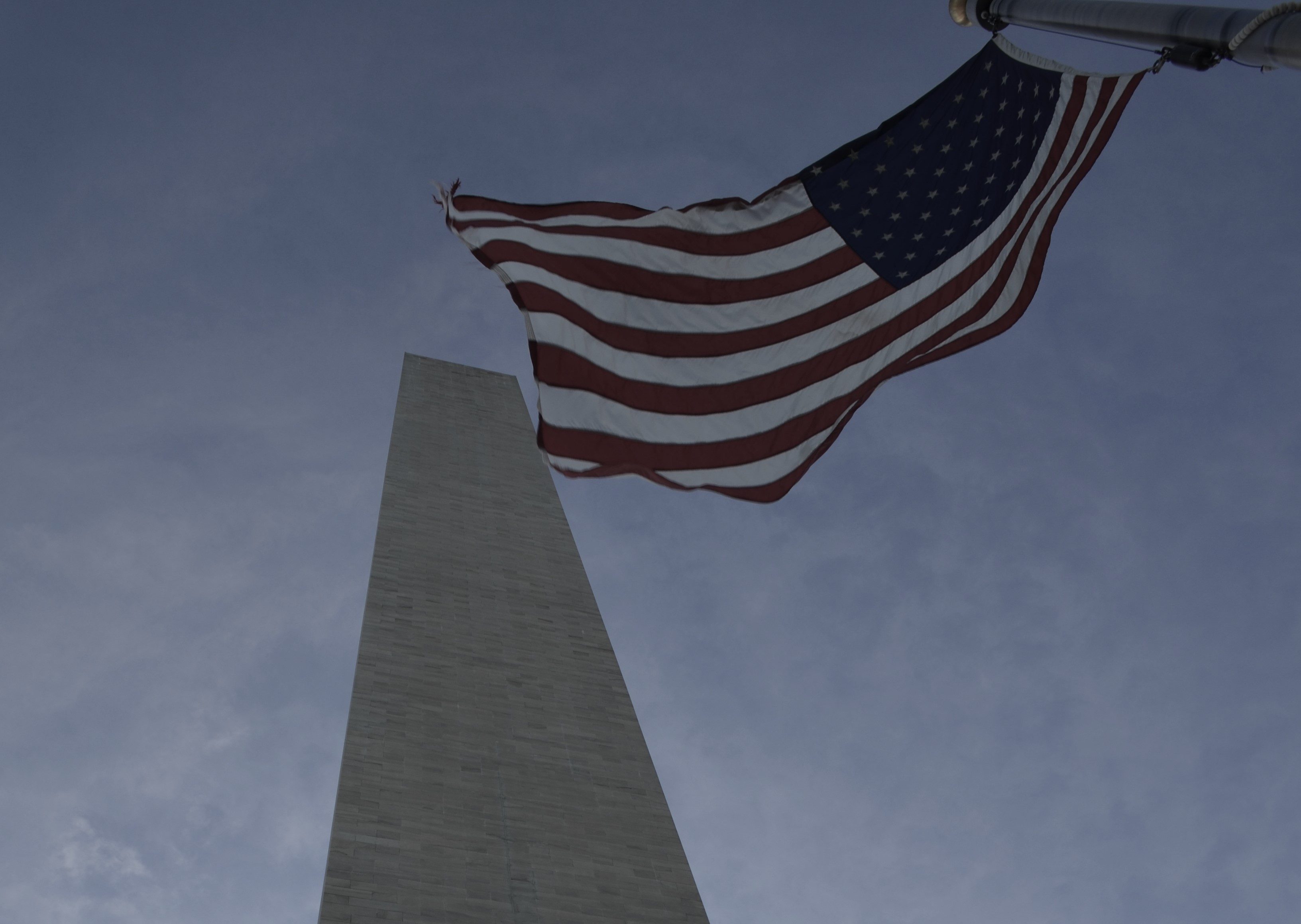“In Hollywood, no one knows anything.”
— William Goldman (author/screenwriter)
There seems to be an overrepresentation of select places in American media. It seems like at any time there is at least one movie in the theaters that takes place in or features characters from Los Angeles or New York City. Every major network station has primetime shows in these locations as well. This should not come as much of a surprise, as writers write about what they know, and NYC and LA are strongholds for the entertainment industry. This ends up meaning that there is a huge overrepresentation of these locations and their local culture in popular media. Less than 4% of Americans live in LA and NYC combined. For comparison, roughly 4.5% of Germans live in Berlin and 12.5% of the United Kingdom’s population lives in London.
“The true New Yorker secretly believes that people living anywhere else have to be, in some sense, kidding.”
— John Updike (writer)
Problems arise when these writers and others in the industry show their misunderstanding and disdain for the rest of the country when they do include it in their work. The Midwest and South, in particular, are commonly written off as “fly-over states” or portrayed as backward and ignorant. Someone who does not know any better would believe that these areas have nothing of value to offer the nation and should be actively avoided. Americans’ perceptions of distant fellow citizens in a vast country are being informed by people who do not know any better than they do. Many of these writers have never been to or know anyone from these places and their perception is informed solely by the previous generation’s media. At best, they are creating a caricature of a caricature.
This greatly affects the international perception of America as well. The American entertainment industry dominates internationally. People around the world watch American movies and TV shows. A very small number of people in a limited area are controlling the perception of America to the world. The international community think that they know American culture because of the bombardment they receive from the entertainment industry but in reality, they only see a sliver of a funhouse mirror.
